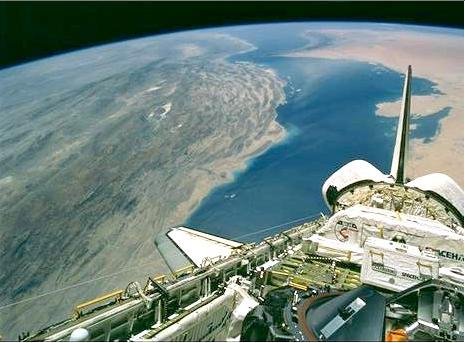WASHINGTON, July 23 (UPI) -- An alteration of seawater chemistry caused by a continental collision 50 million years ago has been linked with past climate changes, researchers say.
"Seawater chemistry is characterized by long phases of stability, which are interrupted by short intervals of rapid change," geoscientist Ulrich Wortmann of the University of Toronto said.















